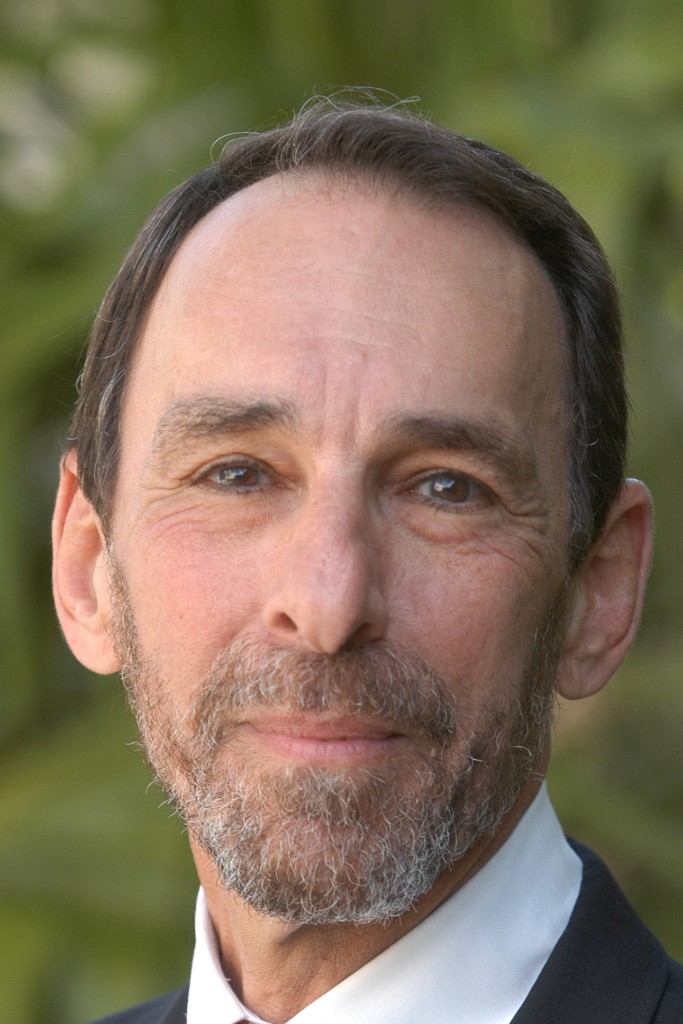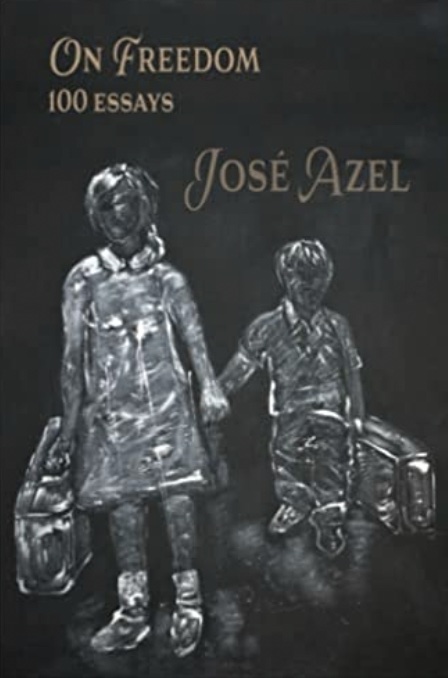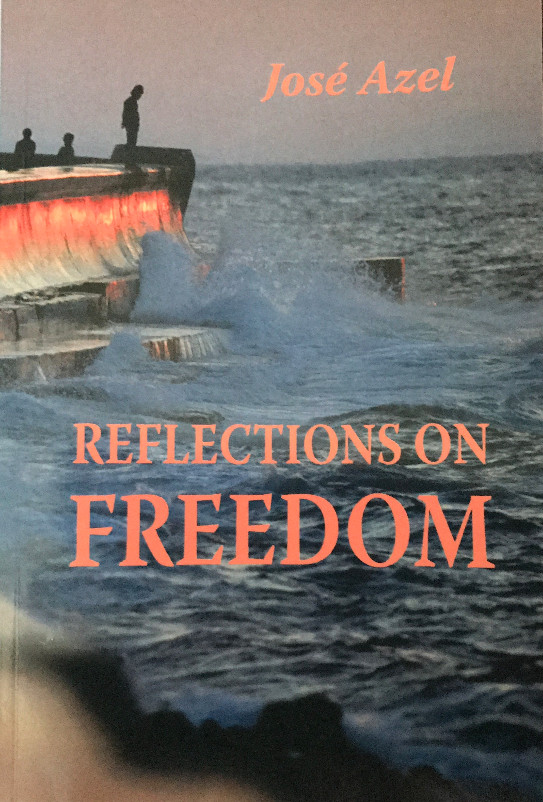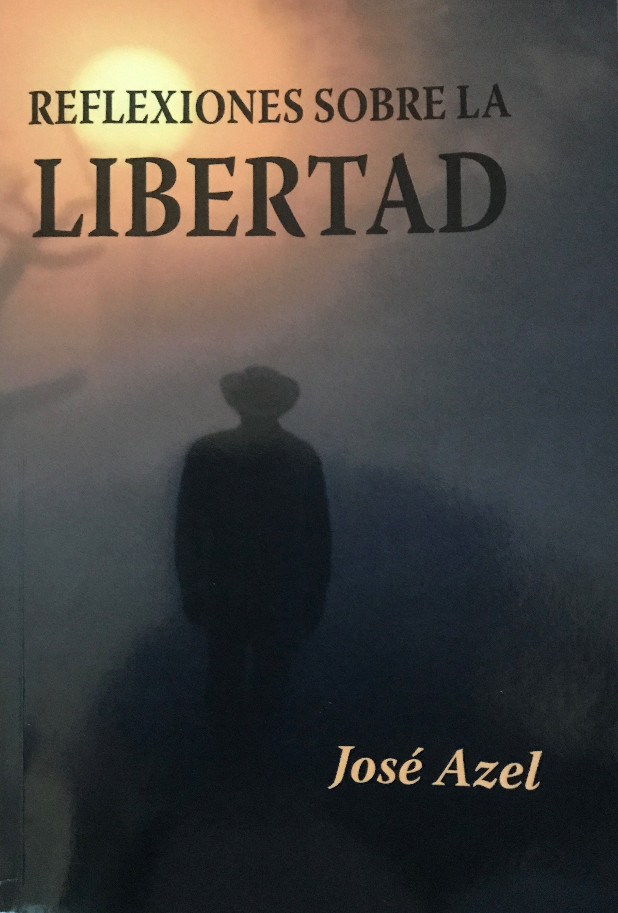| In politics and economics, a Potemkin village means a hollow or false construct. Literally or figuratively, a construction created to deceive people into thinking that a situation is better than it really is. The term originates from stories that the Russian military leader Grigory Potemkin, who had been a lover of Empress Catherine II, built fake portable villages to impress the Empress during her journey to Crimea in 1787. According to the myth, the fake villages were disassembled after Katherine passed them and reassembled farther downstream on her route along the banks of the Dnieper River. |
|
Modern examples abound, for example, when visitors to communist countries were shown only what the regimes wanted them to see. In North Korea, the village of Kijong-dong, also known as the Peace Village, is a propaganda Potemkin village designed to encourage pro-North Korean defections from South Korea. During World War II, Nazi Germany built a Potemkin village concentration camp (Theresienstast) that could be shown to the Red Cross. One element of the infamous Enron scandal was that the company maintained a fake trading floor in its headquarters to impress visiting Wall Street analysts.
By labeling the idea of “economic rights” as a Potemkin village, I want to show that classifying certain activities as economic rights is a false and dangerous construct that diminishes our political rights. Let’s explore, rights can be viewed as liberties or as claims.
A liberty-right is the freedom to do something without imposing any obligation on anyone else, for example the right to free speech. Liberty-rights are activities that may not be violated by the state. In contrast, a claims-right imposes an obligation on someone else to do something for the benefit of the claims-right holder. For instance, if you have the right to receive welfare benefits of some sort, that requires someone else to give up a portion of their income to pay for your benefits.
Historically, rights were viewed as the claims of individuals against the state. In more recent times, the notion of rights has ben expanded to include benefits demanded from the state such as welfare benefits, or medical care. The problem is that this expanded definition of rights undermines our basic political rights. Commendable as the idea may appear, economic rights, such as the right to housing, or to work, or to sustenance, are contrary to freedom because they necessitate government intervention.
Notice that these new economic rights are not freedom from state interference. They are the opposite; these rights require state interference. They represent benefits that can only be bestowed by the state. As columnist Charles Krauthammer explained in a 1993 Washington Post column: “Economic rights are not claims of the individual against the state. They are claims on the state, demands for things to be granted by the state to the individual. As such, they guarantee the individual’s dependence on the state for the necessities of life and thus are instruments for increasing state power over the individual.”
It is for this reason, of control over the individual, that non-democratic regimes promote the idea of economic rights. It gives them the justification to sacrifice political rights in the altar of economic rights. Thus, China, Vietnam, Cuba, and others, deny the universality of political rights. To these regimes, political rights must be subservient to the economic rights that the state promotes as its reason for being. They cannot be bothered with those burdensome and restrictive political rights. Non-democratic regimes are a Potemkin village.
History and reality show that, societies that treasure political rights are also the societies that offer the best economic and social possibilities for the citizenry. Sadly, some societies, or elements of society, have come to fancy political organizations that offer to give them their daily bread. They prefer polities that decree life’s purposes, rather than to face the burdens, responsibilities, and risks of a free life. These societies reject the freedom which leaves the goals of life up to the individual. They deceive people into believing that their situation is better than it really is, in their Potemkin village.
Please let us know if you  this article. this article. |
|
We welcome your feedback.
Abrazos,
Lily & José
(click on the name to email Lily or Jose) |
|
|
|
|












No comments:
Post a Comment